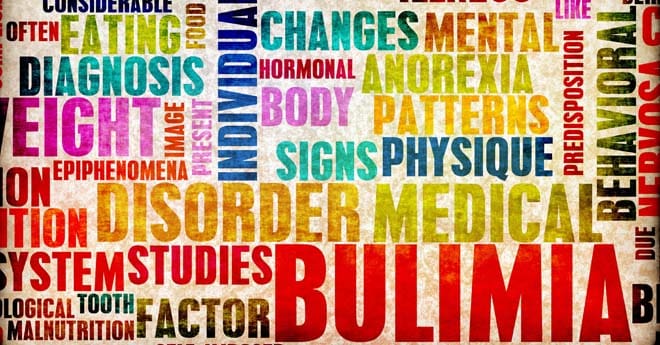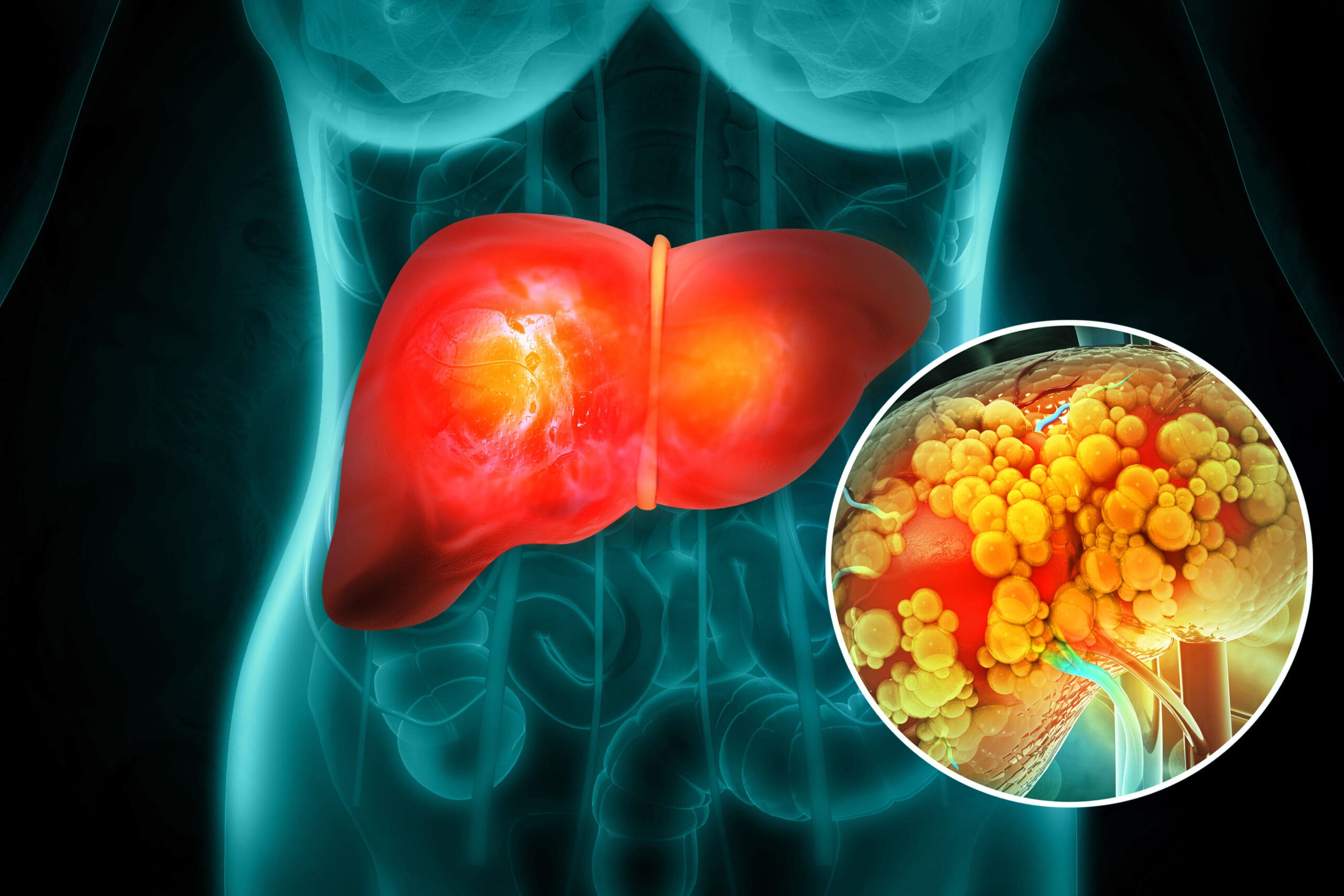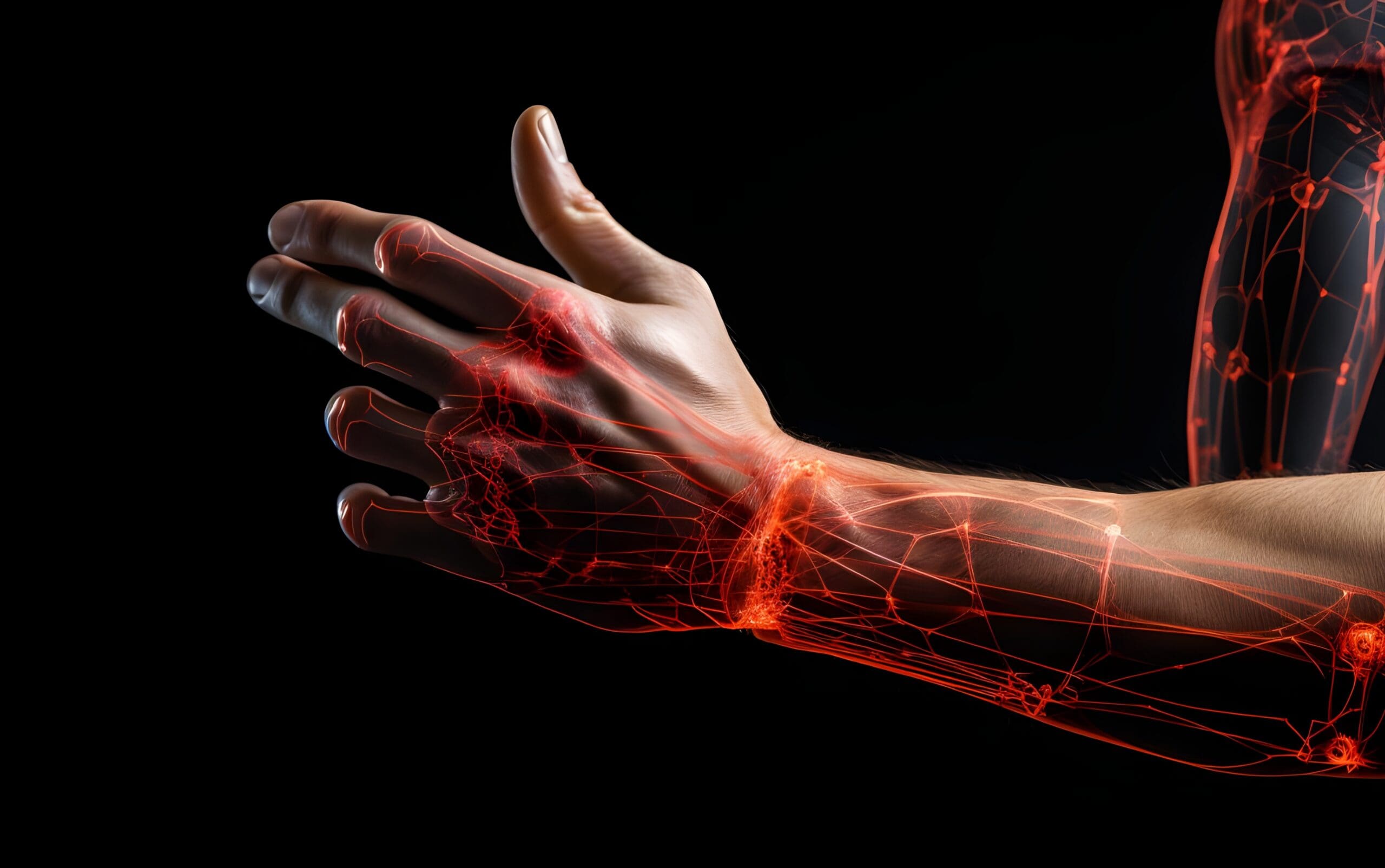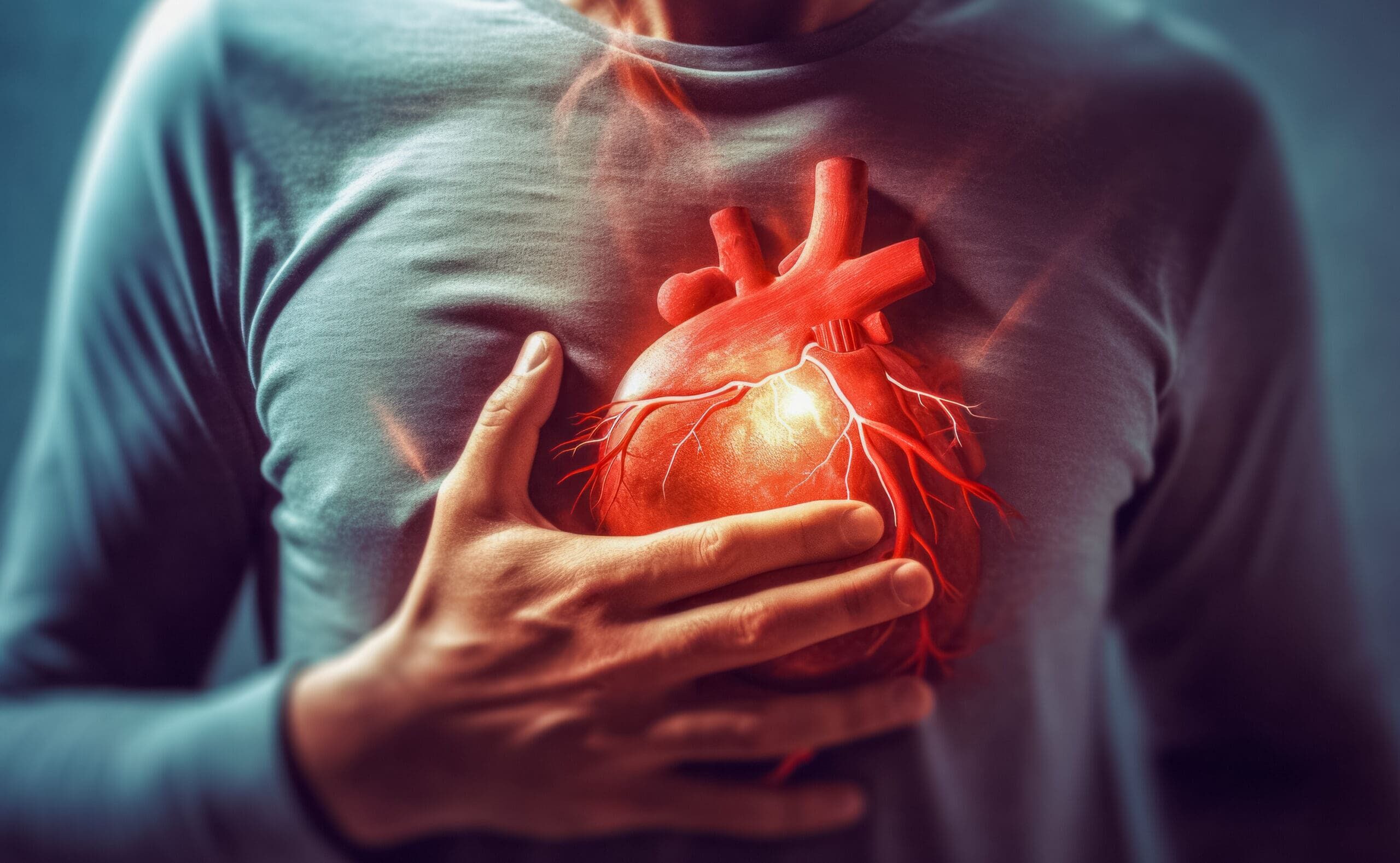Four new diagnosed disorders that you may find very familiar.
One of the most common forms of disordered eating, and perhaps the least understood, is binge eating disorder (BED). Those experiencing BED compulsively eat large quantities of food and tend to feel secretive and shameful about their eating.
Binge episodes are preceded by strong urges and a sense of being out of control. A person with BED has very similar drives and feelings as someone with bulimia, but they don’t attempt to compensate for their binges through over exercising, laxative abuse or vomiting. The causes of eating disorders are varied complex and individual to each sufferer, arising from behavioural, biological, psychological, interpersonal and social factors- and personally, with my own life experience, seeing my clients- it is the social factors that drive a vast majority of of the causes- social pressures, judgements, expectations and scrutiny we are all so often subject to. Really- i just wish we would all be a little kinder.
Some of the known personality traits associated with eating disorders are perfectionism and low self -worth. People who have difficulty identifying and regulating emotions are also at risk- right now i have a strong urge to yell out the word MEDITATION!
These days there are not just the traditional bulimia anorexia and binge eating disorders occurring- there are trends that have been identified and given specific names that may help you detect an eating disorder in someone you care about….
Drunkorexia– May apply to someone who restricts their food intake all day in order to offset the alcohol kilojoules that will be consumed in the evening. Drunkorexia typically involves binge drinking and sometimes purging. Research shows a strong link between those who diet and drink and other high risk actives.
Orthorexia– May apply to someone who will only eat foods that they consider to be “natural” or “clean”. This is a concern when it involves kilojoule restriction and an obsessive preoccupation with healthy eating. Some people also secretly binge on and then purge the foods that they consider to be forbidden.
Anorexia athletica– Is used to refer to people whose drive to exercise is fueled by guilt and anxiety. Exercise may be the most important activity in that person’s life, while they are over-training they are not eating enough to adequately fuel their activity level. The initial motivation may be sport performance rather than body image concerns, but the mental and physical health outcomes are as dangerous as other eating disorders.
Pregorexia– Is used to refer to women who are engaging in disordered eating behaviors while pregnant. The fear of weight gain and external pressures to be thin may interfere with a woman’s desire or ability to properly care for herself and her baby. Under-eating, abusing laxatives, taking diet pills, purging and overexercising can increase health risks for both the woman and her developing fetus.
If you or someone who know suffers from a binge eating disorder, it is important to get help from a health professional.









Leave A Comment